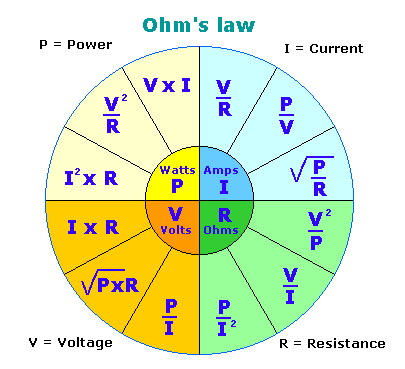Bbasso
Expedition Leader
On my 2001 E350 my low speed, medium speed, high medium speed doesn't take much voltage but when I turn it up to high(max) speed it draws well over 1 volt according to my gauge.
Does anybody know if the blower motor resistor goes bad over time?
The reason why I'm asking is I haven't noticed that much of a draw when it goes to high until recently...
Any methods of checking it?
Does anybody know if the blower motor resistor goes bad over time?
The reason why I'm asking is I haven't noticed that much of a draw when it goes to high until recently...
Any methods of checking it?

